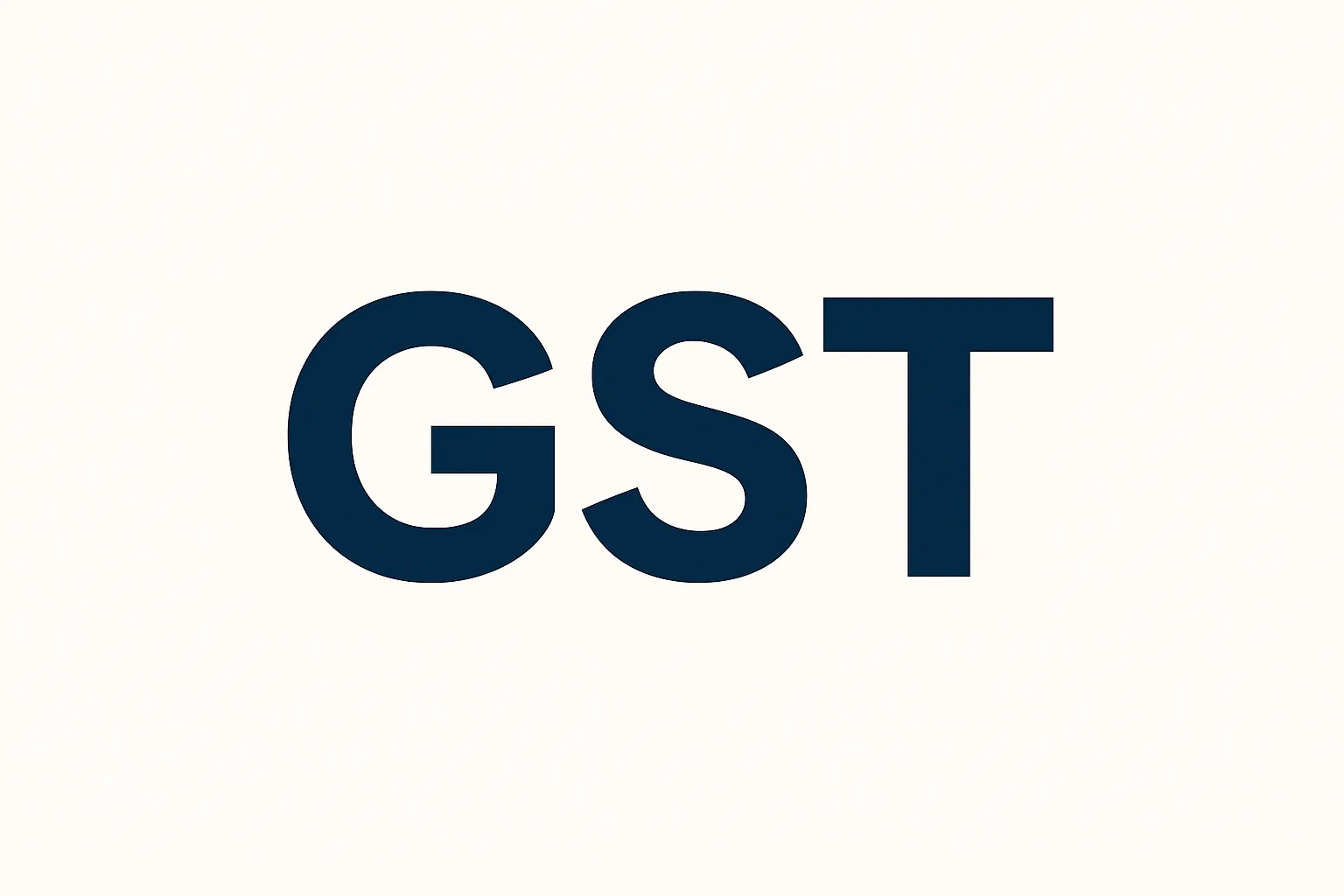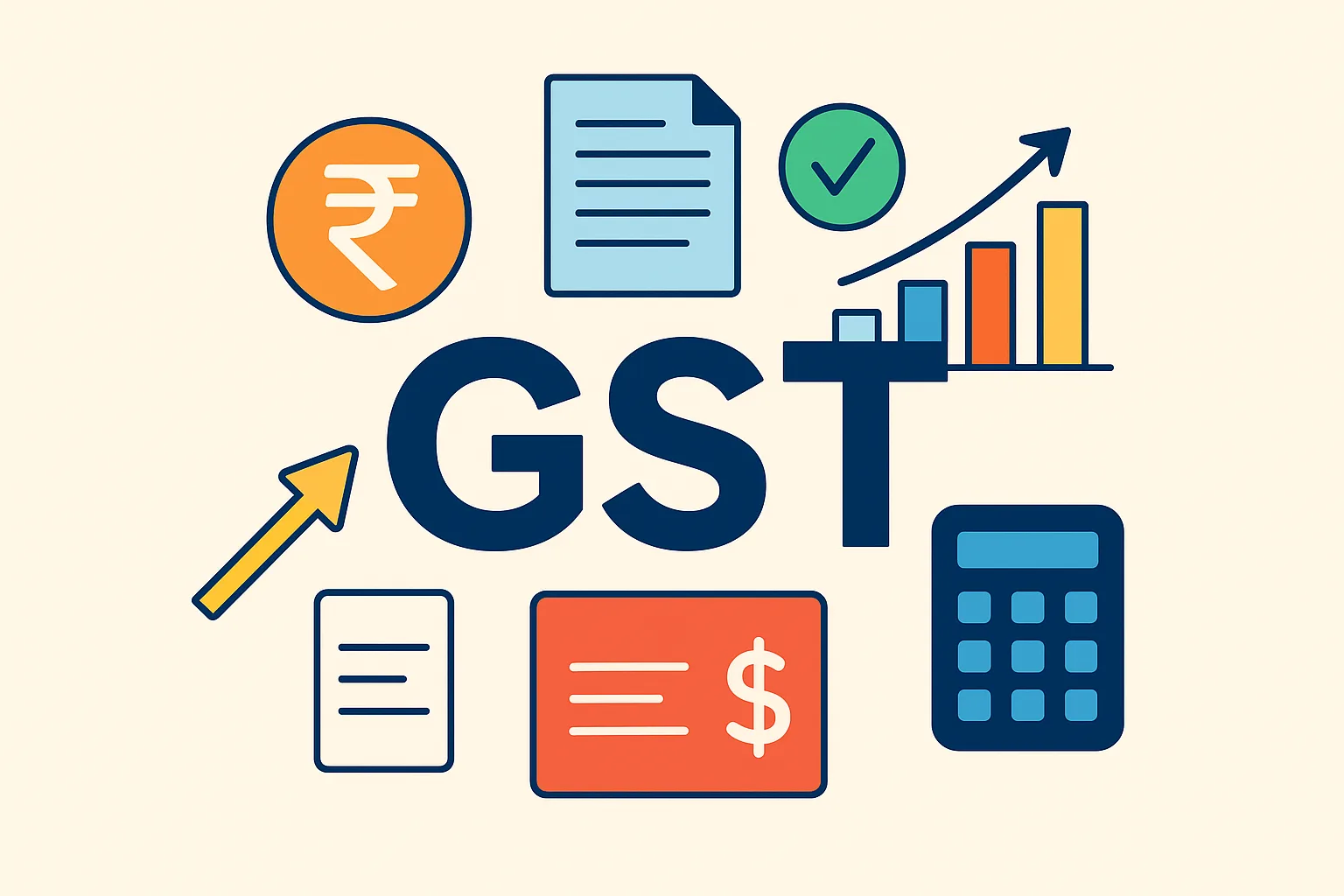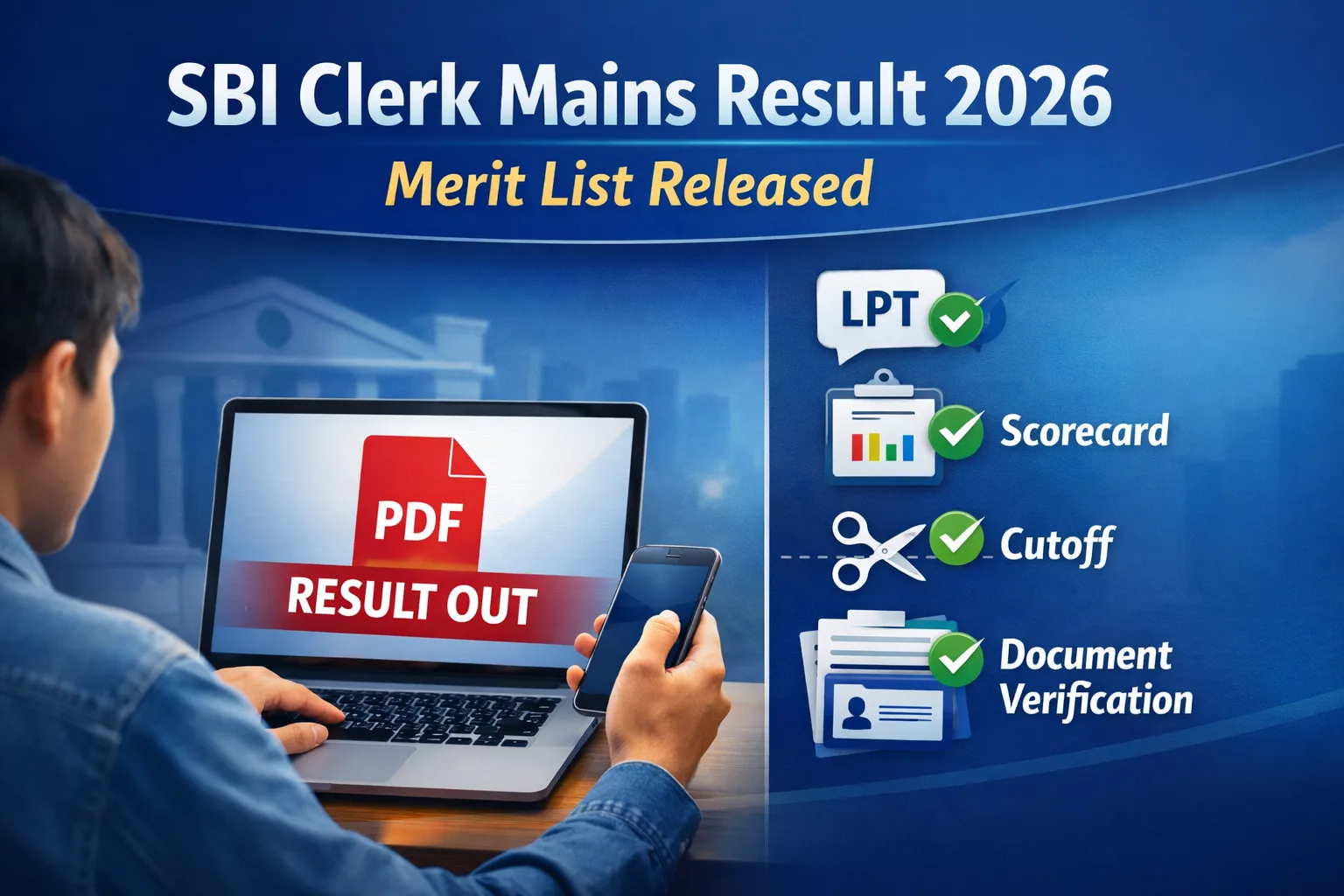The Goods and Services Tax (GST) system in India has undergone a major revamp in 2025. With the new changes, the government has simplified the tax structure and introduced exemptions to make essential goods and services more affordable. These updates are expected to ease the cost of living, encourage consumption, and support key sectors like healthcare, education, and agriculture.
Also Read: New Movie: The Conjuring: Last Rites – Movie Review
Simplified GST Slabs
The new GST system now works with three main slabs:
- 5% (Essential/Lower Rate): For daily-use goods and basic services.
- 18% (Standard Rate): For most consumer goods and mid-range products.
- 40% (Luxury & Sin Goods): For luxury items and harmful products.
In addition, a 0% category (Exempt) continues for highly essential items and services.

Which Items Are Exempt or Lower Taxed?
0% / GST-Exempt
These essentials are completely tax-free:
- Life-saving medicines and certain medical devices
- Life and health insurance
- Milk, paneer, and common Indian breads (roti, paratha, etc.)
- Stationery items like pencils, erasers, and notebooks
5% Slab
Covers most daily essentials and services:
- FMCG products such as hair oil, shampoo, soaps, toothpaste, biscuits, chocolates, ghee, butter, and packaged snacks
- Kitchenware and tableware
- Baby products like diapers and feeding bottles
- Agricultural and renewable energy equipment
- Beauty and wellness services including salons, spas, gyms, and yoga centres
18% Slab
Applies to standard consumer goods and vehicles:
- Electronics and appliances such as TVs, air conditioners, dishwashers, washing machines, monitors, and projectors
- Automobiles like small cars, motorcycles up to 350cc, buses, and ambulances
- Cement and construction materials
- Textiles and apparel priced above ₹2,500, as well as standard footwear
40% Slab
Reserved for luxury and socially harmful items:
- Pan masala, gutkha, tobacco products, and cigarettes
- Sugary and aerated drinks, energy and caffeinated beverages
- Luxury vehicles, motorcycles above 350cc, yachts, and private aircraft
- Gambling services including casinos, lotteries, and horse racing
- Compact Slim Line Design: Ultra-slim profile allows space-saving installation in any modern kitchen setup.
- Forged Brass Burners: Durable and high-performing with 4 burner sizes – 2 Jumbo, 1 Medium, and 1 Small – to meet diverse…
- Square Enameled Pan Supports: Offers firm and stable placement for cookware of all sizes, ensuring even flame contact an…
Summary Table
| GST Rate | Examples of Goods/Services |
|---|---|
| 0% | Medicines, insurance, milk, Indian breads, stationery |
| 5% | FMCG products, kitchenware, baby care, agri equipment, wellness services |
| 18% | Appliances, small cars/bikes, cement, mid-priced apparel |
| 40% | Tobacco, aerated drinks, luxury vehicles, gambling |
Why These Changes Matter
- Simpler tax system: Fewer slabs make compliance easier for businesses.
- Relief for households: Essentials like healthcare, insurance, and food products are cheaper.
- Boost for growth: Reduced tax rates on appliances, vehicles, and everyday items encourage demand.
- Encourages healthy living: Higher tax on harmful products like tobacco and sugary drinks discourages consumption.
- Support for key sectors: Farmers, MSMEs, and renewable energy industries benefit from lower input costs.
The new GST exemptions and slab structure mark a significant shift in India’s taxation system. By reducing the tax burden on essentials and shifting it towards luxury and harmful goods, the government is aiming for a fairer and more people-friendly approach. For common citizens, this means lower costs on healthcare, education, and daily necessities, while for businesses, it ensures a simpler and more transparent compliance process.
*Disclaimer*: The information provided in this article is for general awareness purposes only. While every effort has been made to ensure accuracy, GST laws and exemptions are subject to change based on government notifications and official updates. Readers are advised to consult a tax professional or refer to official government sources before making any financial or business decisions.**



















2 Comments
[…] Also Read: New GST Exemptions and Slabs in India: What You Need to Know […]
[…] Also Read: New GST Exemptions and Slabs […]